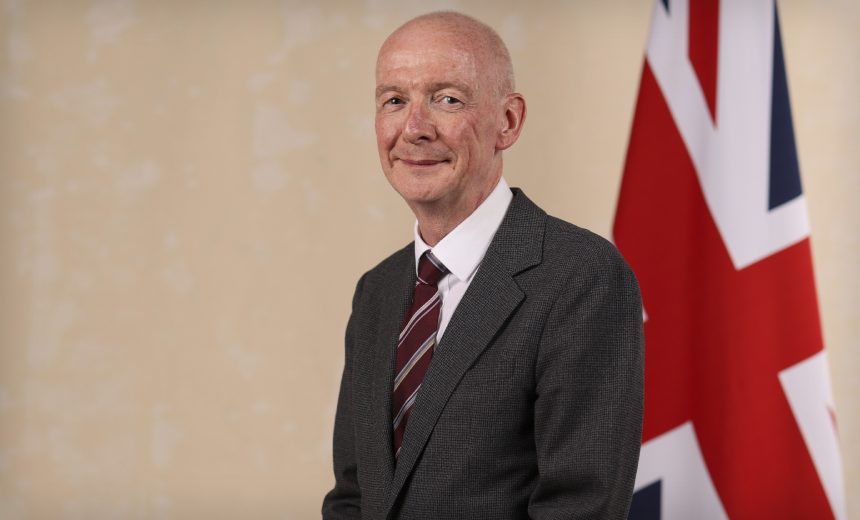Cyberwarfare / Nation-State Attacks
,
Fraud Management & Cybercrime
,
Geo Focus: The United Kingdom
Speech by UK Minister Pat McFadden Sparks Backlash

A strong warning from a British government official over Russian cyberwar sparked backlash from cybersecurity specialists who urged a measured approach to assessing the potential effects of Kremlin hacking.
See Also: Strengthening Your Security Program With Open API
Speaking at the NATO Cyber Defense Conference in London on Monday, Pat McFadden, minister for intergovernmental relations admonished that “no one should underestimate the Russian aggressive and reckless cyber threat to NATO.”
Russian attacks against critical infrastructure could “turn the lights off for millions of people,” and “shut down power grids,” he said.
Tensions between Moscow and the West continue as the Kremlin presses its war of conquest in Ukraine, now nearing the end of its third year. Russia has pressed most of its attacks in cyberspace against Ukraine in a mixture of cyberespionage and sabotage operations, with some exceptions (see: Russian Hackers Exploit WiFi in Sophisticated New Attack).
Disinformation and cyberespionage has been its main choice of disruption against Western targets – although, there, too, some exceptions may have arisen (see: Breach Roundup: Russia Suspected of Severing Undersea Cables).
Worries over disinformation played a strong role in expert reaction to McFadden. “This kind of language also does Russia’s job for it, given that Russian intelligence wants to create panic and weaken societal resilience through cyber operations,” said Jamie MacColl, a cyber research fellow at the Royal United Services Institute. “Resisting Russian cyberattacks requires psychological as well as cyber resilience, and this rests on clear and calm rhetoric and guidance from the government.
Neither should government officials minimize the scale of the Russia threat, experts said. “The challenge, however, lies in striking the ‘right’ tone. U.K’s desire to signal that ‘it knows what is happening’ needs to be more calibrated with taking the Russian threat in more concrete terms and without resorting to exaggerated or alarmist language,” said Louise Marie Hurel, a research fellow at RUSI.
Ciaran Martin, the former head of the U.K. National Cyber Security Centre likened the comments from the minister to shouting “cybergeddon.”
The actual state of affairs is “intimidation, strategic disadvantage through spying” and “low-level but painful disruption,” Martin said.
